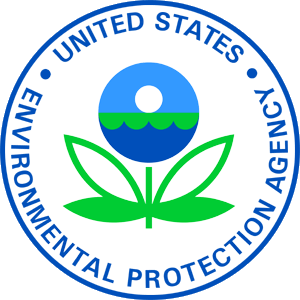 The Environmental Protection Agency (EPA) is offering up to $40,000 to two communities as part of their Smart City Air Challenge in order to help the communities create and implement plans to deploy air quality sensors and share the subsequent data. To qualify, communities will need to submit their plans detailing how they will deploy hundreds of air quality sensors and how they will manage the data they collect.
The Environmental Protection Agency (EPA) is offering up to $40,000 to two communities as part of their Smart City Air Challenge in order to help the communities create and implement plans to deploy air quality sensors and share the subsequent data. To qualify, communities will need to submit their plans detailing how they will deploy hundreds of air quality sensors and how they will manage the data they collect.
The award money will not cover the entire program costs – communities will need to partner with sensor manufactures, data management companies, and other necessary industry partners in order to fully realize their plans. After a year the EPA will evaluate the projects and award an additional $10,000 to the two communities.
EPA expects the challenge to yield several benefits, such as identifying best practices for managing big data at the community level, how to engage citizens in collecting data about their community, and how to use data from many sensors to understand environmental condition and its relationship to human health.
The challenge opened August 30th and runs until October 28th. To learn more about the challenge, visit the website or write to EPA at smartcityairchallenge@epa.gov.
Smart cities and using data to understand the impacts on human health are important topics for the Computing Community Consortium (CCC), including the 2016 Smart Communities and 2010 Data to Predictions white papers. Learn more about these topics on the CCC’s Computing in the Physical World Task Force and Healthcare Task Force pages.









